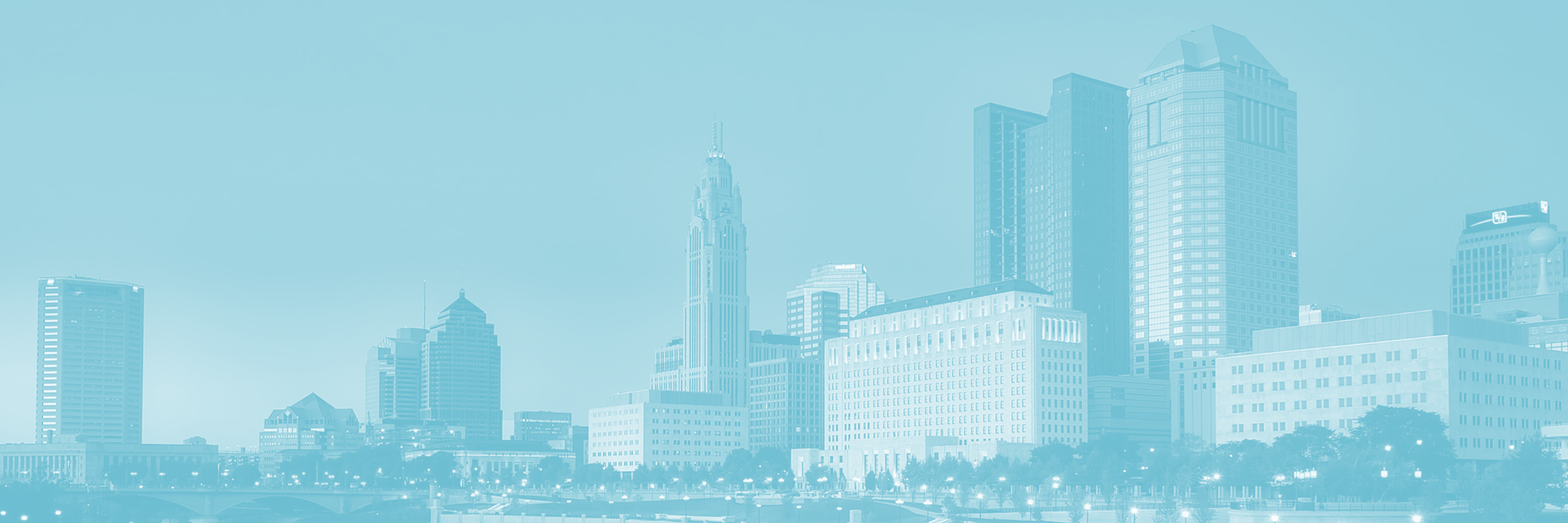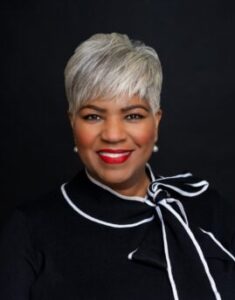Member News
Building a Compassionate + Equitable Future | Freedom A La Cart
October 8th, 2024

Freedom a la Cart participated in hosting a meaningful conversation during a community-wide day called The Big Table, organized by The Columbus Foundation. These conversations focused on envisioning the next steps toward a compassionate and equitable future for Central Ohio. Conversations took place throughout the day across the region, each focusing on different topics, but all connected to the future of our community.
At Freedom’s Big Table conversation, the room was buzzing with passionate people – each one focused on one big goal: figuring out how we, as individuals and organizations, can start breaking down the barriers that women face.
Mental Health: One of the Biggest Hurdles
The conversation began with a crucial topic—mental health. At Freedom, mental health is always front and center. Every day, we see how it impacts the women we serve, our team members, and the community at large. However, addressing mental health in the workplace can often be tricky.
The question “How do we support people struggling with mental health while holding them accountable for their growth at work?” was posed. Our initial reaction may be to instantly cater to them by lessening their workload. Still, we have to ask ourselves: Is that always the best approach? This discussion led to a collective takeaway: creating a supportive, open environment is crucial. People need to feel safe sharing what they’re going through without the assumption that they can’t handle their responsibilities. Individuals can thrive with the right balance of support, accountability, and understanding.
This balance applies internally and externally—whether working with staff or survivors. When working in high-pressure, trauma-informed environments, or really any environment, we can’t serve others well if we’re not taking care of ourselves. This is why fostering “villages”—supportive communities around us where we can share our experiences and support each other—is essential. These spaces allow people to help and uplift one another, ensuring no one is left to bear the burden alone.
Fear and Curiosity: What We Can Learn From Our Kids
The conversation then shifted to the broader issue of understanding mental health in the workplace. How do you support someone if you don’t fully understand their struggles? Mental health affects everyone differently, and it often runs on a spectrum. Some may be vulnerable and willing to share compared to others. Men are more likely to suppress their feelings, making it harder to support them and others.
This lack of understanding of what someone is going through or the steps that need to be taken can create fear. We discussed how, over time, adults lose the curiosity children naturally have. Kids are fearless in asking questions, no matter how difficult or random. But as we age, we hold back, afraid of not knowing enough or saying the wrong thing. This fear limits our ability to support one another in meaningful ways.
It’s time we started embracing curiosity again—not only to help women and others in our communities but also to develop as people. We can meet people where they are, ask what they need, and create environments where they feel safe asking questions and sharing their experiences. By doing so, we can break down barriers and empower people to grow.
Community = Success
As the conversation concluded, a powerful realization emerged: community is the cornerstone of our journey. As a result of the pandemic, the value of connection has never been more evident. Strong communities embolden individuals to voice their concerns and take meaningful action, fostering a sense of empowerment and inspiration.
The group recognized that we don’t need to be ‘experts’ to make a difference. The key is empathy. We don’t have to fully comprehend someone’s experience to offer support. The willingness to listen, learn, and provide a helping hand is what truly matters, making everyone feel valued and understood. It’s also not realistic to think we will always have the answers. What’s more important is creating safe spaces where everyone feels heard and understood. It’s about asking, ‘What do you need?’ instead of assuming we already know, making everyone feel included and valued.
So, What’s Next?
This conversation was just the beginning, but it provided us with some clear next steps:
- Show up more within communities, instead of waiting for people to come to us
- Listen more and assume less
- Hold space for tough, uncomfortable conversations
- Advocate for change – every chance we get
We’re excited about what lies ahead, but we need your help. Your voice, your actions, and your support are crucial. We ask you to start having these conversations in your own spaces, speak up for change, and, most importantly, listen.
Our Big Table discussion will pave the way for many more engaging conversations.Thank you to everyone who joined us! As we continue to come together, we have the power to make a real difference. So, let’s stay hopeful and inspired and remember our collective action leads to change.

